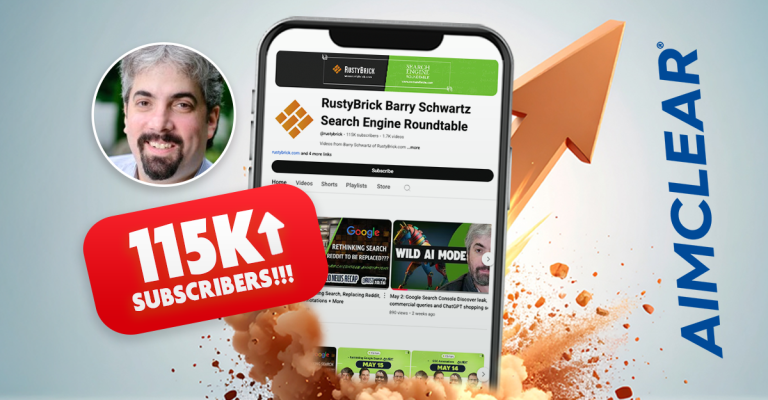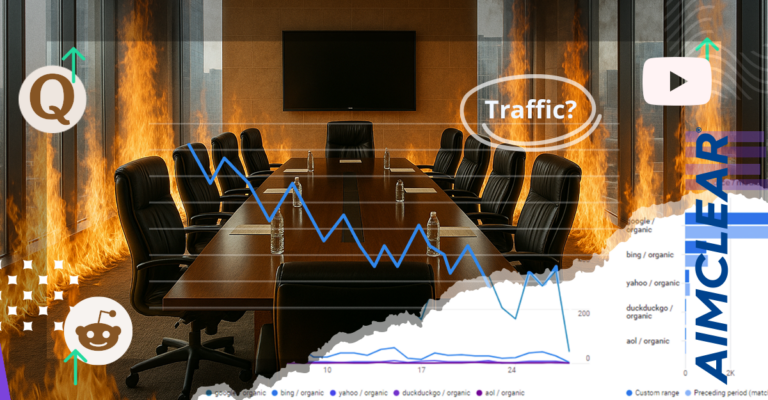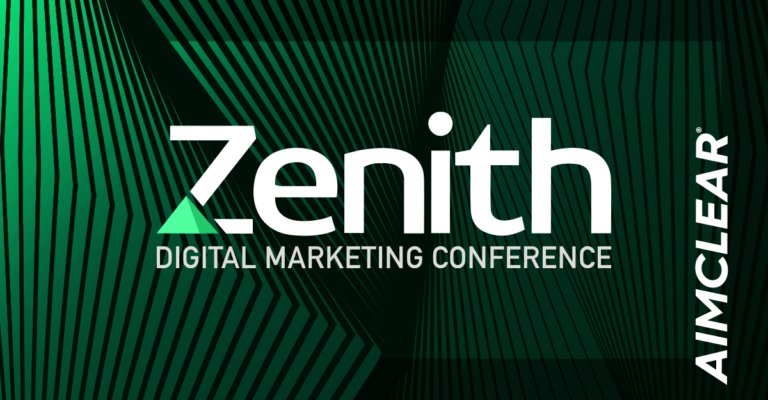
Google’s semi-radical shift, to-instant-while-you-type SERPs, mostly served to codify the dumb-em-down effect caused by herding users via the search suggest Ajax box. In tandem with Google’s sad business decision to neuter the AdWords Keyword Tool, all but the best PPC marketers are now funneled to operate predominantly on the short tail. This represents big G’s jihad to consolidate inventory and make more money. Some would say, with the advent of Modified Broad Match, this is not all bad. To me, it mostly sounds like some scrape and bake fun-time testing!
OK, let’s start hack 53. Testing the suggest REST API, reveals the personalized nature of suggestions, most obviously by the geography of users’ internet access. The word “first” is a great suggestion API test because the keyword has inherent geographic contingencies.
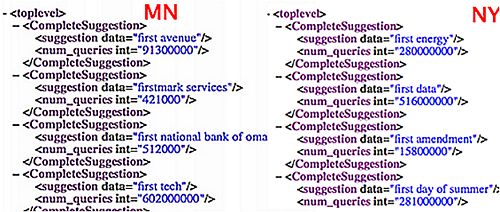
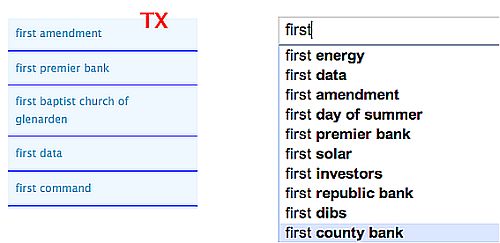
Scraping Protocol

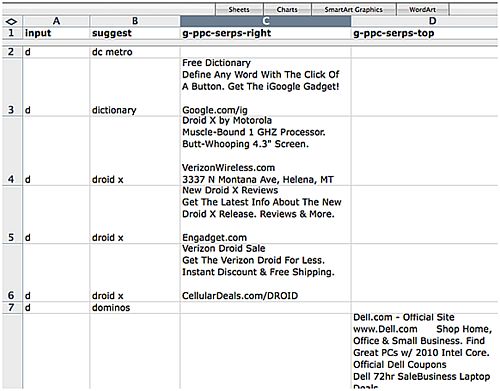
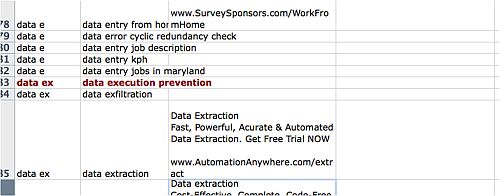

The ad showed, at different times, in both the top ad RH positions.
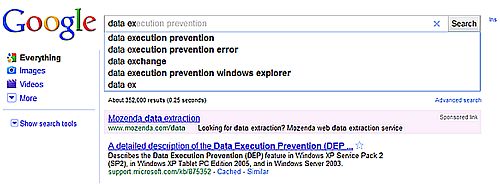
At the beginning, before the quality score was established, the result was impressions, clicks and a cost that, while impressive, was not as exciting as what we hoped for.
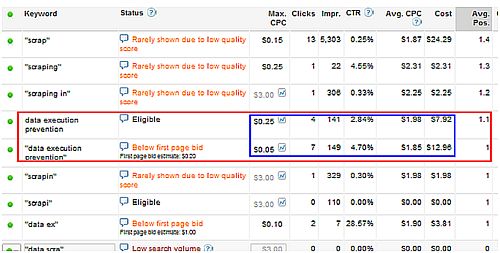
Then the clicks added up and the quality score improved. We did not artificially inflate the clicks. They were natural.
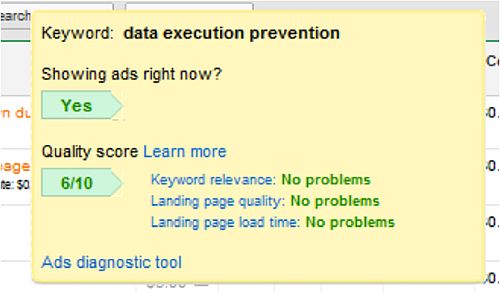
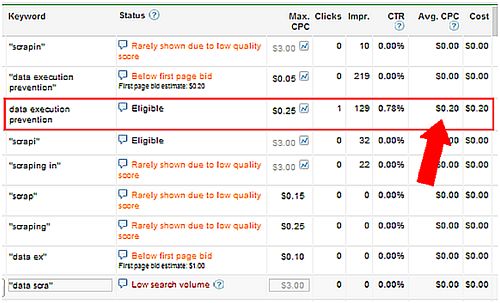
Also, it is possible that the early display of the ad, usurps other “data extraction” SERPs players, by branding early in the SERPs as a user types. We will study this lift at a later time.
- There are freaky geo-considerations to this tactic. Not many folks search for “data extraction Minnesota.” Geo considerations would would render this technique impossible to manage.
- It won’t work for many keywords because not all SERPs have uncontested gaps to target as the word is built.
- I presented this specific case study at a conference so we would expect Google to shut it off. Google Instant algorithms may be in active revision. Expect changes. Google won’t like this.
- Is it scalable? Nope it’s probably not. This technique is just a little fun between PPC monkeys.
- Does this information justify systemic screening of extremely expensive keywords, just for the heck of it? Probably yes. In the odd case where this technique works, a marketer could save a lot of loot.
- Dear Google, please give us a Google suggest API, where we can filter by region, unpersonalized. Also you might throw in restoration of the old KW tool. The new one sucks.




